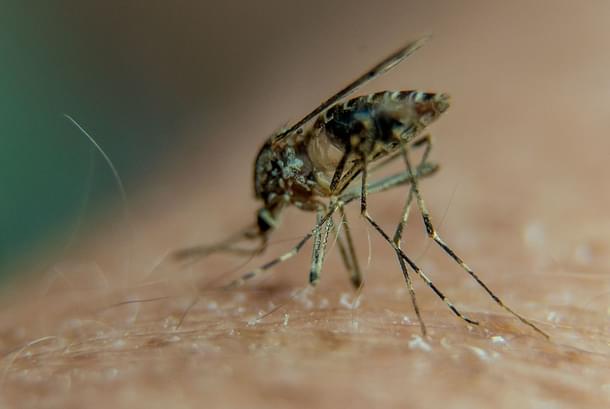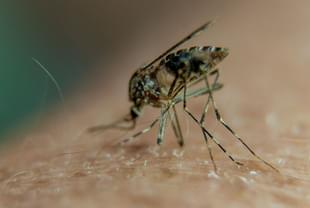Insta
Bill Gates Hoping To Eradicate Malaria By 2040
Swarajya Staff
Oct 12, 2016, 04:20 PM | Updated 04:17 PM IST
Save & read from anywhere!
Bookmark stories for easy access on any device or the Swarajya app.


In an opinion piece written in Gatesnotes, co-founder of Microsoft Bill Gates expressed his desire to eradicate malaria by 2040. Gates expressed his distress following visits to a number of African countries, where the disease was at its peak, with children experiencing cerebral malaria, when the parasite is attacking the brain and causing horrible seizures.
But the billionaire philanthropist has expressed hope after the malaria death rate in sub-Saharan Africa had shown a stunning 57 per cent decline since 2000, cutting the death rate by more than half. This fact is based on a report published in The New England Journal of Medicine.
The report credited this improvement to an unprecedented increase in focus and commitment by both rich and poor countries. The sum of money available to pay for treatments rose by about 1,000 per cent from 2000 to 2015. The authors also reported on cutting-edge mapping efforts that have given us an ability to see at a very high degree of granularity (5km by 5km) the burden of malaria in sub-Saharan Africa.
Gates credited health authorities in African countries like Tanzania, where major campaigns have been launched to stop the spread of malaria. These campaigns include distribution of insecticide-treated bed nets, encouraging people to sleep under them every night, and more importantly using artemisinin induced medication, which removes malaria parasites from a patient's bloodstream.
With such progress taking place, Gates expressed confidence that the day is not far when the malaria pandemic can be controlled. He went on to cite the key innovations needed to achieve eradication of malaria by 2040. In his words:
First, we’ll need new classes of drugs that completely clear malaria parasites from the body with just one dose. We should have these new cures in about a decade.
Second, we need new tools that can prevent malaria transmission. This can either be done with an effective malaria vaccine or by reducing mosquito populations. We will soon have a first-generation vaccine, but it protects a child for less than six months without a booster dose. I’m betting that within the next 10 years, researchers can produce a vaccine that provides much longer protection.
While concluding the article, he credited foreign aid as the catalyst which helped African nations to launch their own health initiatives, bringing about remarkable outcomes.





